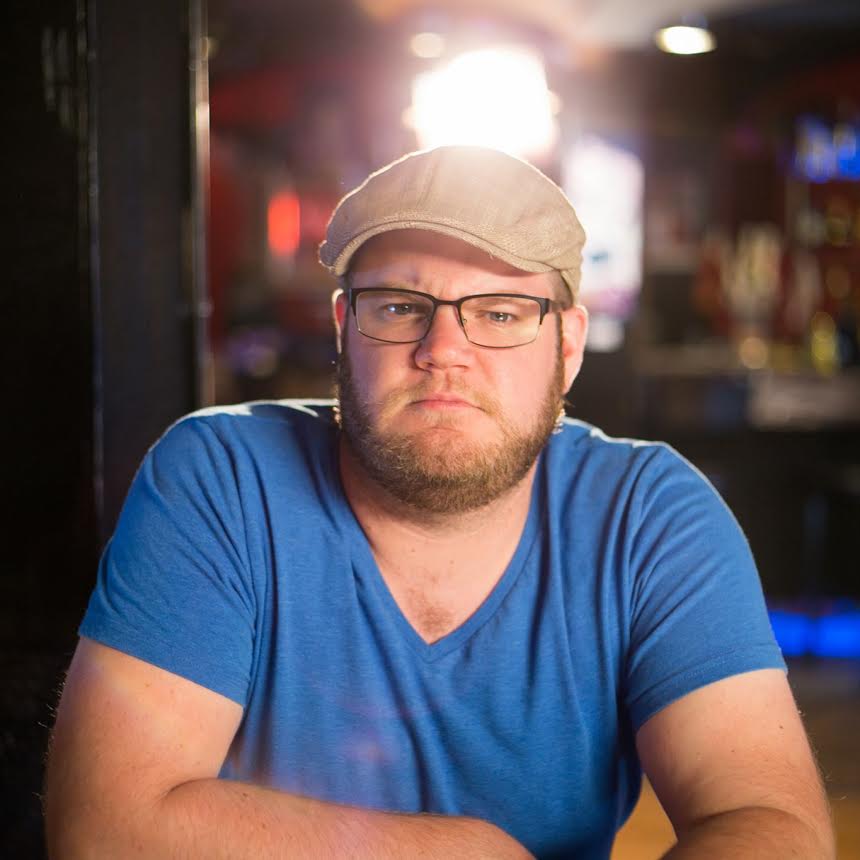There is an absurdly vast selection of music movies and documentaries available on Netflix, Hulu, HBO Go, and on and on and on. But it’s hard to tell which ones are actually worth your 100 minutes. Watch the Tunes highlights new music docs that are worth your time. This entry covers David Bowie: The Last Five Years, which premiered on HBO Go and HBO Now earlier this week.
“And I'm running down the street of life
And I'm never gonna let you die
And I'm never ever gonna get old...”
It’s been 24 months since we lost David Bowie to liver cancer. He had kept his illness on a strict need-to-know basis, a secret to all but his closest personal and creative confidants. Like many other celebrity deaths from 2016, it was sudden and jarring (he was a trendsetter to the bitter end, it turns out). VMP’s own Andrew Winistorfer memorably summed up the shock he felt that morning in his album of the week column: “He was supposed to die when the first manned mission to Mars goes wrong. He was supposed to die after he invented a real Tron and he got stuck inside the machine. He was supposed to die in 200 years after he converted himself to an art rock-making robot. He was going to outlive us all.”
Before he left Earth, Bowie released two albums, The Next Day in 2013 and Blackstar in 2016, the latter of which landed a mere two days before its creator passed. This devastatingly fertile period is explored at length in Francis Whately’s new BBC Two documentary David Bowie: The Last Five Years, which just premiered stateside on HBO.
The light that Whatley sheds on those two final albums is especially fascinating, putting The Next Day and Blackstar in a conversation where the former is reassessing the past and the latter is anticipating whatever it is that comes after this life. Together they show an artist who was not only surviving but learning new tricks, giddily developing new collaborative relationships well into his late 60s.
Whately, who had already gone from Ziggy to Berlin with the film David Bowie: Five Years in 2013, is a little bit more hamstrung here compared to his earlier film since his subject did painfully few, if any, interviews during this time. To get around that fact, Whately chips away at the edges by letting the people who were with Bowie the most, band members, music video directors and even Toni Basil of all people, fill in the gaps with their recollections. The effect, in the absence of Bowie himself, to lay things out direct-like, is not ideal but that's all we've got, and it’s still likely more than we deserve.
The impossibility of Bowie granting a final interview from the great beyond just to clear things up for Whately and co. notwithstanding, The Last Five Years is thoroughly engrossing and informative, chock full of priceless unseen archival and live footage. It’s impossible to walk away from this film without a new perspective on the man, his body of work and maybe most of all his sense of humor. When asked about his legacy, for example, Bowie answers, “I’d love people to believe that I really had great haircuts,” and with that your HBO Now subscription has pretty much paid for itself.
Right at the top of The Last Five Years we hear Bowie in a voiceover enlightening an interviewer: “Always remember that the reason you initially started working was that there was something inside yourself that you felt that if you could manifest it in some way you would understand more about yourself and how you coexist with society.” If you still have that quote in mind while hearing “Lazarus” late in the film (“Look up here, I'm in heaven / I've got scars that can't be seen”) and you’re not tearing up even a little over the purity of a man confronting his own mortality while trying to get one last broadcast out to the world—comprehension through manifestation—then I don’t know what to do for you.
Even as good as The Last Five Years was, it still left me with an overwhelming and hollow realization that Bowie’s legacy (great haircuts and all) will never fit into anything as tidy as a documentary. Even packaging Bowie in a massive multi-part film like the one Amazon did last year on The Grateful Dead, Long Strange Trip, would still inevitably leave you wanting more, especially regarding these final few years. Until that probably inevitable project comes to fruition (or until every one of the secrets of the Blackstar vinyl are discovered, consider this peek behind the curtain required viewing.
Chris Lay is a freelance writer, archivist, and record store clerk living in Madison, WI. The very first CD he bought for himself was the Dumb & Dumber soundtrack when he was twelve and things only got better from there.
Join the Club!
Join Now, Starting at $44Exclusive 15% Off for Teachers, Students, Military members, Healthcare professionals & First Responders - Get Verified!












